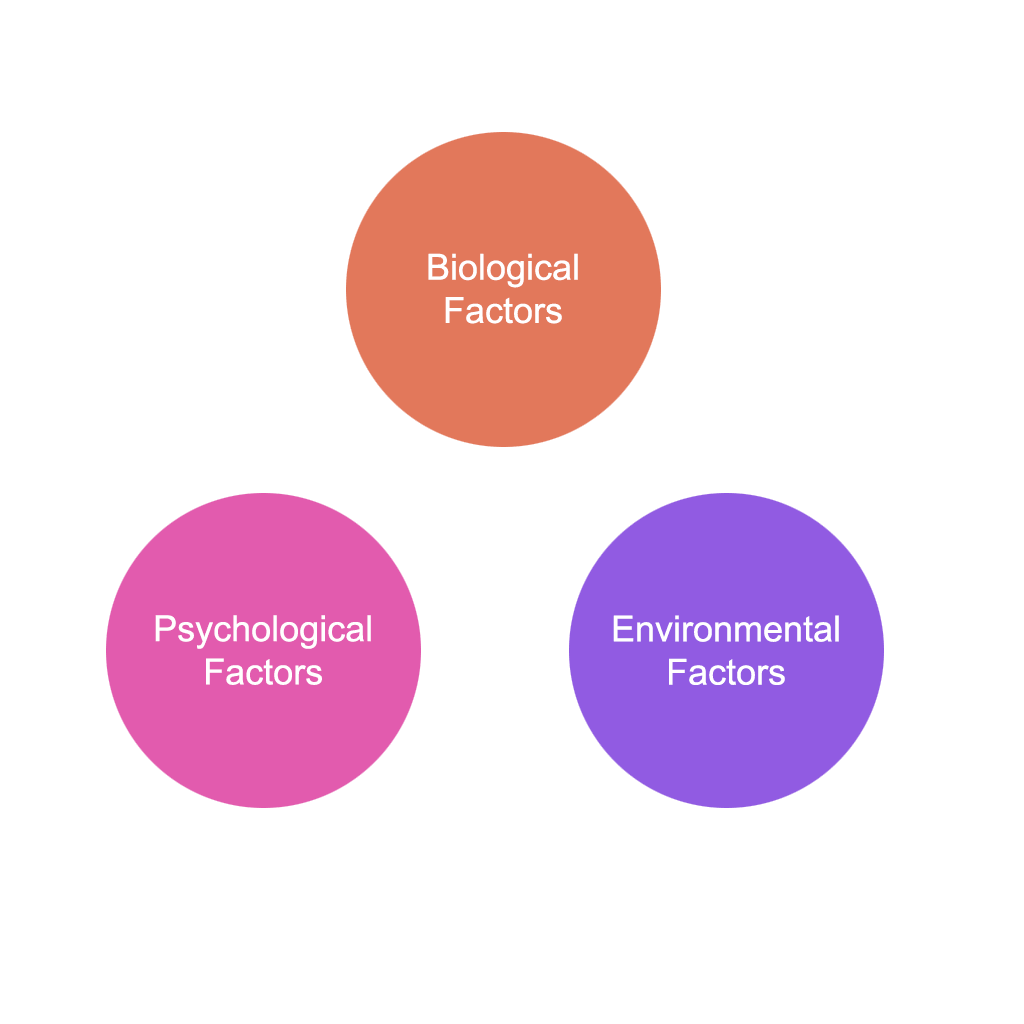How Projective Techniques differ from Self-Report Test in the assessment of personality?
In a projective test, the individual offers responses to ambiguous scenes, words or images. This type of test emerged from the psychoanalytic school of thought, which suggested that people have unconscious thoughts or urges.
These projective tests were intended to uncover such unconscious desires that are bidden from conscious awareness.
In many projective tests, the participant is shown an ambiguous image and then asked to give the first response that comes to mind. The key to projective tests is the ambiguity of the stimuli. According to the theory behind such tests, clearly defined questions result in answers that are carefully crafted by the conscious mind.
By providing the participant with a question or stimulus that is not clear, the underlying and unconscious motivations or attitudes are It is different from self-report tests in which questions are asked to the examinees for their responses.
Also read | List of Key Factors that determinants the Personality.
Strengths and Weakness’s of Projective Tests.
Projective tests are most frequently used in therapeutic settings. In many cases, therapists use these tests to learn qualitative information about a client.
Some therapists may use projective tests as a sort of icebreaker to encourage the client to discuss issues or examine thoughts and emotions. While projective tests have some benefits, they also have a number of weaknesses and limitations.
For example, the respondent’s answers can be heavily influenced by the examiner’s attitudes or the test setting. Scoring projective tests is also highly subjective, so interpretations of answers can vary dramatically from one examiner to the next.
Also read | Types of Behavioral Assessment.
Additionally, projective tests that do not have standard grading scales tend to lack both validity and reliability. Validity refers to whether or not a test is measuring what it purports to measure, while reliability refers to the consistency of the test results.
However, these tests are still widely used by clinical psychologists and psychiatrists. Some experts suggest that the latest versions of many projective tests have both practical value and some validity.



